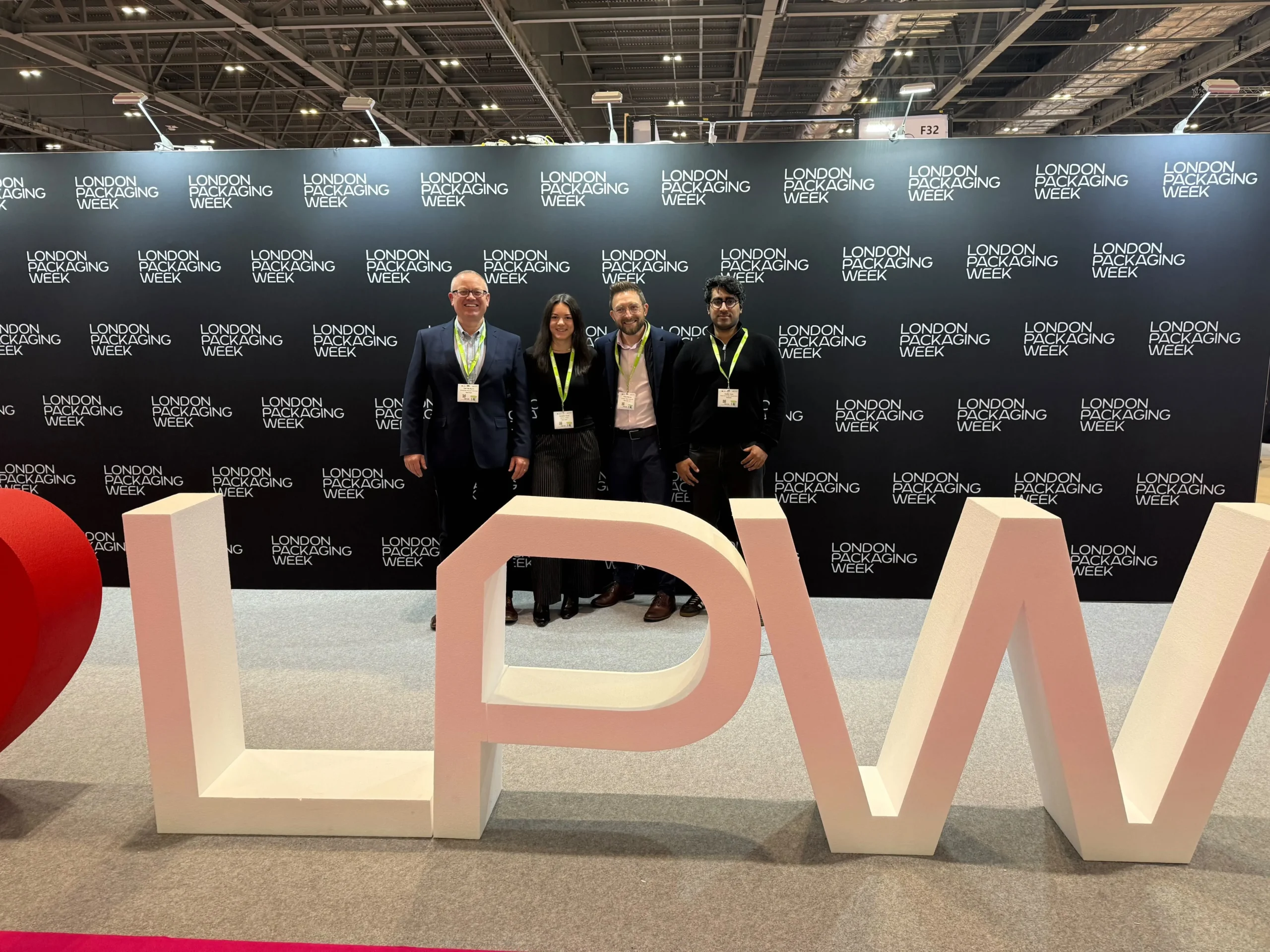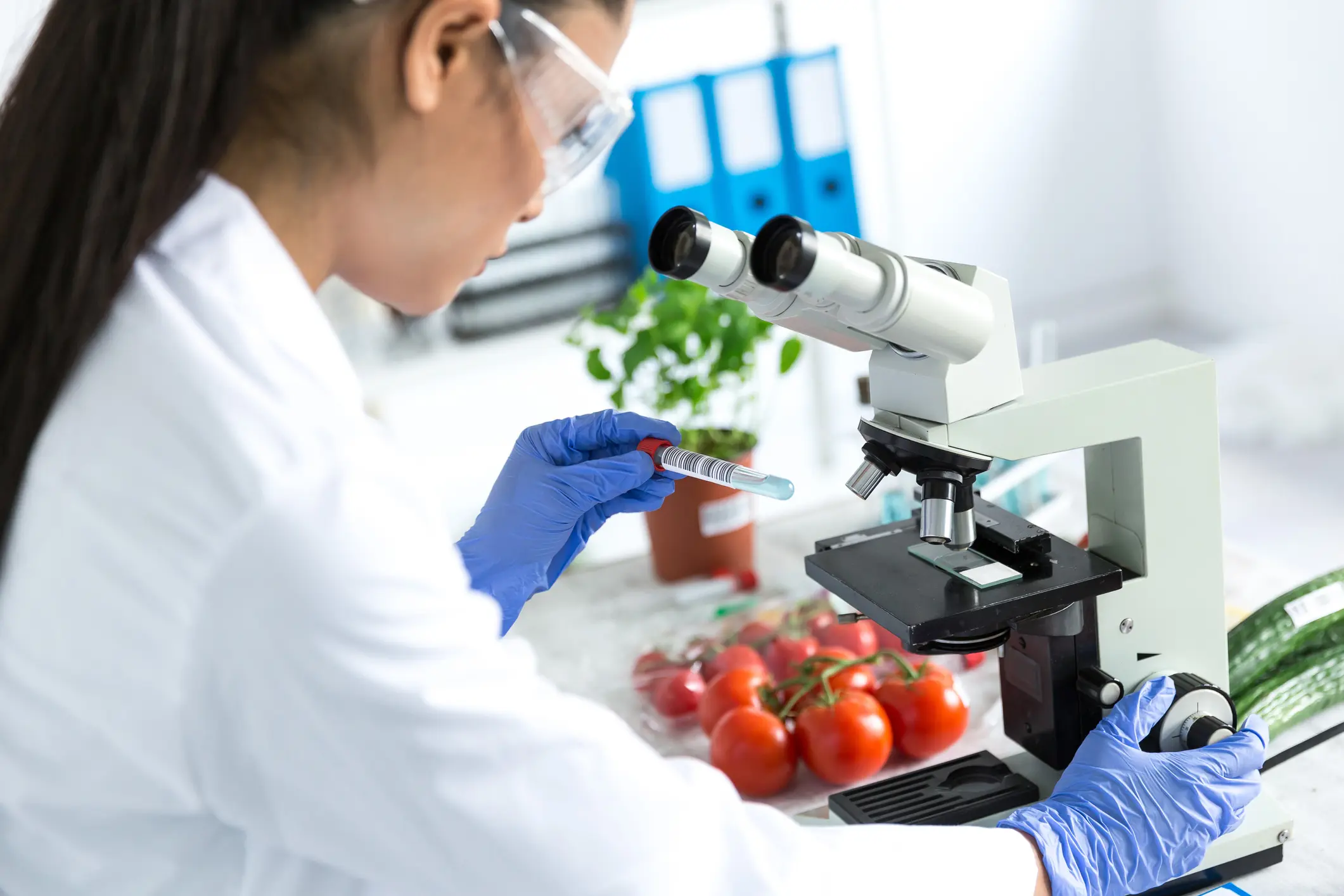London Packaging Week brought together innovators, regulators, and brands all working toward one shared goal: creating a truly circular packaging economy.
Across every discussion — whether from policymakers, brands, or digital enablers — one message was clear: the future of sustainable packaging depends on data.
With PPWR and EPR frameworks reshaping the packaging landscape, brands need more than sustainability goals — they need the systems and data to act on them.
At Specright, we believe sustainability starts with visibility. Our Specification Data Management (SDM) platform helps brands:
- Centralize all packaging, product, and supplier data in one place
- Benchmark readiness against pEPR and PPWR frameworks
- Collaborate with suppliers to close data gaps
- Push clean data into integrated systems for compliance and insights
- Make smarter cost and sustainability decisions backed by facts
Because making packaging more sustainable starts with knowing exactly what’s in it.
Session 1: Unpacking Policy Reforms – How Packaging Will Pave the Way to a Circular Economy
The opening panel unpacked how regulatory reform is setting the tone for packaging transformation.
Key takeaways:
- The UK’s pEPR system is driving a €1.4 billion investment to modernize and strengthen recycling infrastructure.
- Data completeness remains one of the biggest challenges for global compliance.
- While U.S. coverage remains fragmented, Canada and the EU are progressing quickly.
- Benchmarking models (green/yellow/red) are emerging to assess PPWR readiness.
“EPR is the financial foundation for a circular economy. We need to give people the services they deserve so they can change their behaviors — from home, to work, to society.”
— Claire Delaney, Deputy Director of the Circular Economy, DEFRA
Session 2: The Role of Digitalisation in EPR – How You Can Future-Proof Packaging Strategy
This session highlighted how digitalization is the key to turning EPR from an administrative burden into a strategic advantage.
Recyda and Reckitt both stressed that many global brands over-report data, spending millions annually just to meet varying local requirements — often without truly improving sustainability performance.
Reckitt’s “Brand Perspective” call to action offered a clear roadmap:
- Audit your current specification landscape
- Invest in digital specification and reporting systems
- Standardize taxonomy and attributes
- Integrate LCA and recyclability data
- Require spec-level transparency and audit trails
- Align data with sustainability and compliance goals
- Empower teams with clean, accessible, actionable data
Session 3: Designing for Compliance – Aligning Packaging, Labelling, and EPR Demands
(Speaker: Jude Allan, OPRL)
This session dove into the “three legs of the stool” underpinning the UK’s packaging reforms — pERP (EPR for packaging), Simpler Recycling, and DRS (Deposit Return Schemes).
Jude Allan emphasized that designing for recycling and labeling is no longer optional — it’s the foundation of sustainable compliance.
Highlights:
- Under EPR, producers will pay the full net cost of packaging waste, creating incentives for recyclable and material-efficient designs.
- Simpler Recycling will standardize household collections across England, making recycling easier for consumers.
- Deposit Return Schemes (DRS) will introduce deposits for beverage containers (plastic and glass), further closing the loop.
- The RAM (Recyclability Assessment Methodology) and RAT (Recyclability Assessment Tool) were introduced as crucial frameworks for measuring recyclability and labeling accuracy.
- RAM uses Red–Amber–Green scores across 8 material categories (paper, plastics, glass, etc.)
- RAM uses Red–Amber–Green scores across 8 material categories (paper, plastics, glass, etc.)
- Misalignment was caused as the enforcement of recycling labels will not be enforced until April 1, 2027
The key takeaway: collaboration across the value chain — from design to labeling to sorting — is essential for real progress.
Session 4: An Appetite for Change – Unilever Foods’ Mission for a Sustainable Future
(Speaker: Omer Bin Younus, Unilever)
Unilever showcased what large-scale sustainability transformation looks like in practice. From Hellmann’s bottles made with 100% recycled plastic to paper-based Knorr pouches and pots, the company is aggressively redesigning its packaging portfolio.
Key themes:
- 18,000 tons of recycled plastic implemented in Hellmann’s packaging
- Medium-term focus: more PCR content, lightweighting, and paper alternatives
- Four technical workstreams: Circular plastics (PCR), high-barrier recyclable paper, molded fibres, and compostable/recyclable hybrid materials
Challenges remain around the quality of recycled plastics (especially food-grade rPP) and the performance of paper packaging, but Unilever’s direction is clear.
Their progress reinforced the broader theme across the event: innovation must align with regulation, and data must connect sustainability intent with measurable outcomes.
Closing Thoughts
After two days of conversations with policymakers, sustainability leaders, and innovators, the takeaway is simple:
You can’t manage what you can’t measure — and you can’t measure what you don’t know.
As Specright officially opens its new London office, we’re thrilled to be part of the community shaping the next era of sustainable packaging. The future of compliance and circularity won’t be defined by regulations alone — it will be powered by data, collaboration, and design grounded in transparency.
Explore More Blogs
Get Started
With Specright’s Solution Suite, you can digitize, centralize, and link your specification data to drive efficiencies, intelligence, traceability, and collaboration within your organization and across your supply chain network.




